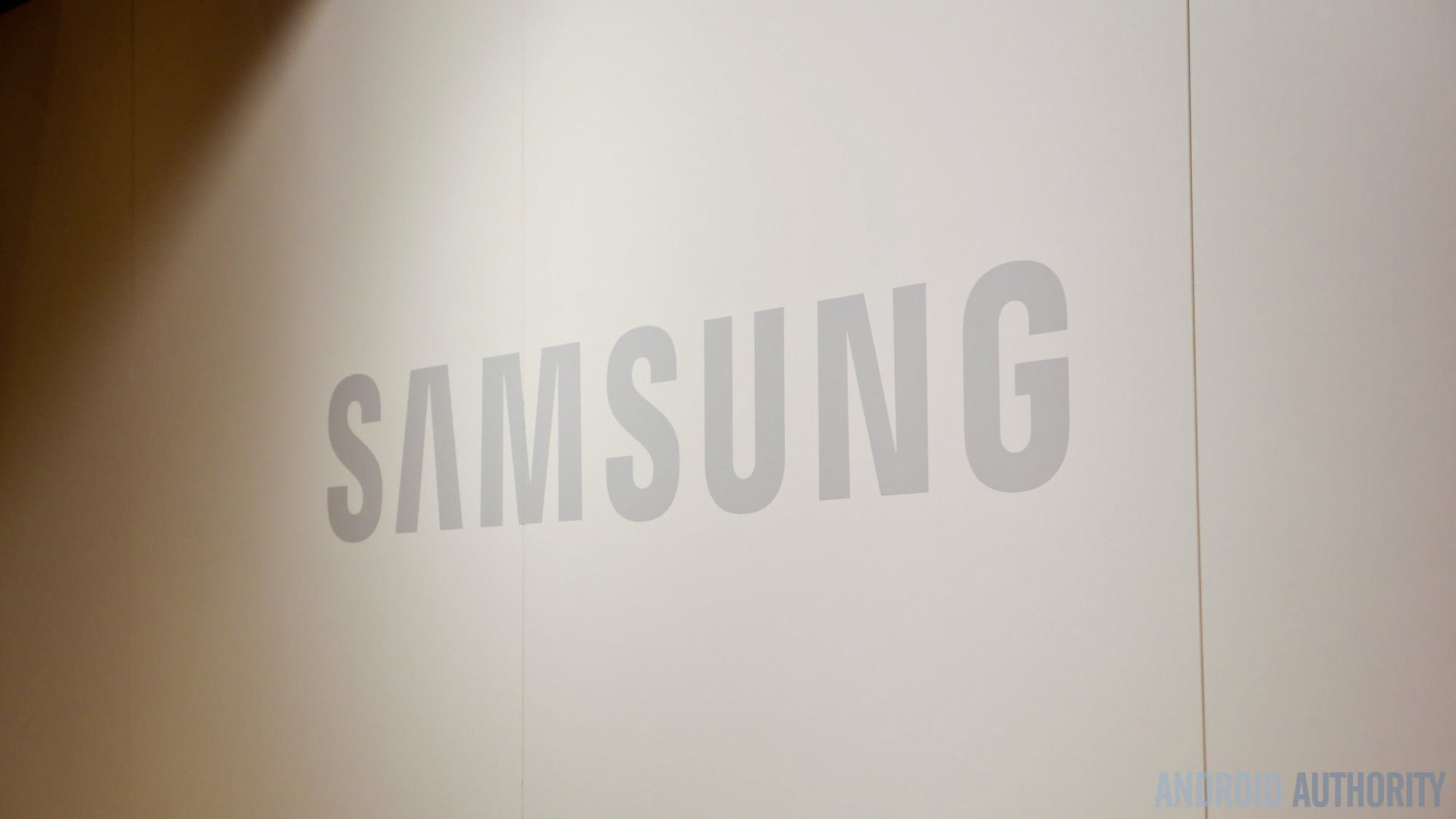Affiliate links on Android Authority may earn us a commission. Learn more.
Samsung and SK Telecom to show off advancements in '5G' technology at MWC 2015
Published onFebruary 24, 2015

With all of the Samsung Galaxy S6 and HTC One M9 rumors floating around, it’s no secret that these two handsets may be the stars of the show at this year’s Mobile World Congress event. As it turns out, Samsung may have some new advancements to show off as well. Samsung and Korean mobile carrier SK Telecom are set to demonstrate research in their new ‘5G’ technologies at MWC 2015, which is said to show off speeds up to 7.5Gbps. Now, 5G speeds actually haven’t been defined yet, but that’s not stopping the two companies from showing off their advancements in the technology.
Samsung and SK Telecom’s 5G wireless and data transmissions will use millimeter wave frequencies, which are usually considered to be those over 6GHz. This is higher than mobile phone and Wifi frequencies currently found in our devices, although that comes with some positives and negatives associated with these frequencies. Millimeter wave frequencies normally require an unobstructed connection path, which flat out won’t work if you’re indoors, or even if you keep your phone in a pocket. But the two companies seemingly have a way around this issue. They’re using something called “3D beamforming”: a way that involves identifying a smartphone’s location and directing a narrow transmission towards it in a straight line. In order for this method to work, the location needs to have an abundance of 5G access points to allow it to work properly.
According to PC World, mobile carriers and equipment manufacturers are looking to incorporate millimeter wave frequencies to help relieve network crowding in big cities or low frequency areas. While this change may lead to a more efficient use of spectrum, it’s a huge undertaking and is likely years off before any technological advancements come to be.
Samsung and SK Telecom would like to launch the first ‘5G’ network in South Korea, sometime around the year 2020.